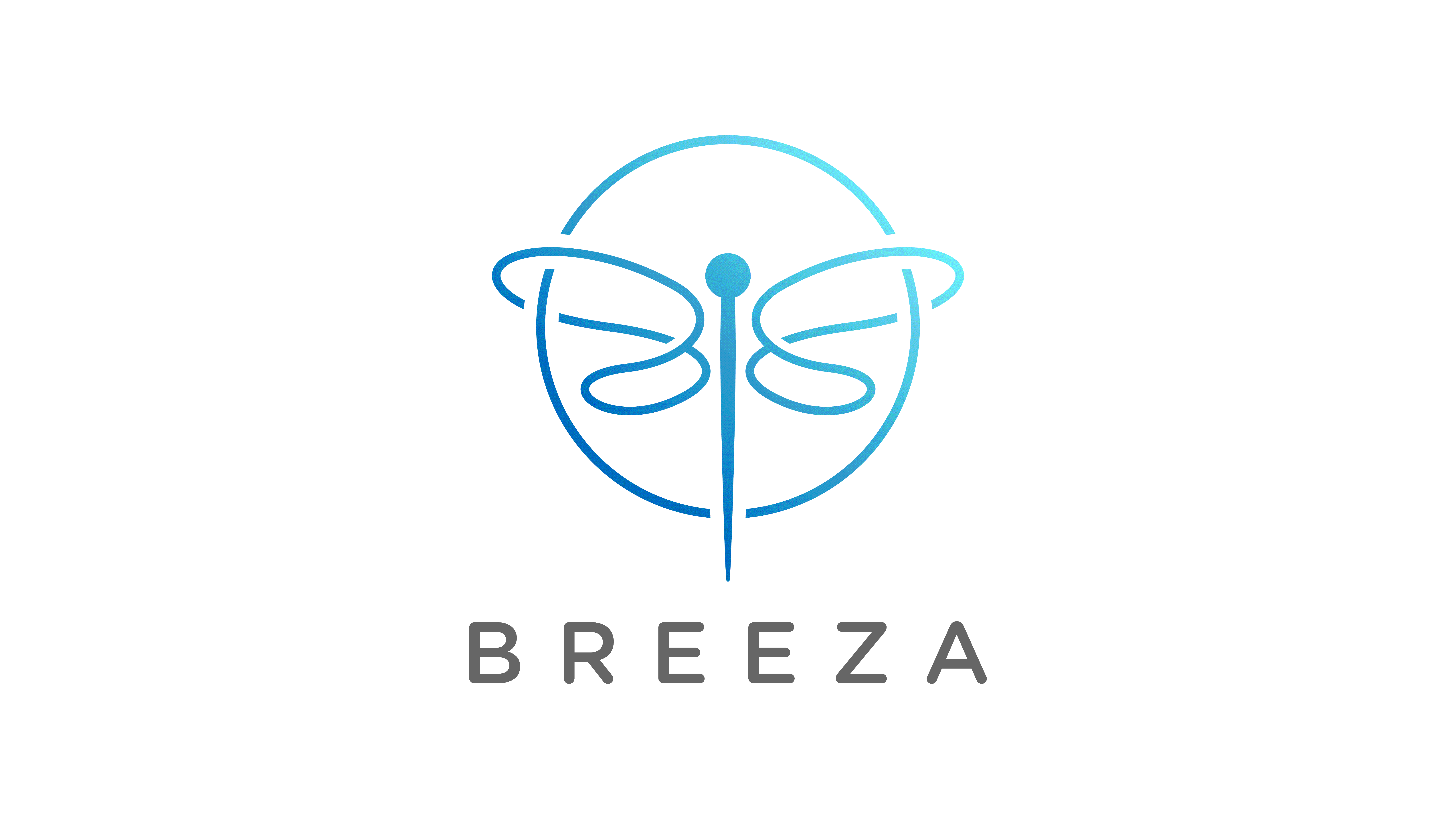🇭🇷 Short-Term vs Long-Term Rentals in Croatia: What You Need to Know About Rental Permits
- sarah2309
- Nov 14, 2025
- 3 min read

If you’re thinking about renting out your Croatian property, whether for passive income, part-time living, or long-term investment, understanding the rules around rental permits is key. Croatia offers excellent opportunities for both short-term tourist rentals and long-term leases, but the regulations (and taxes) differ significantly as of 2025.
This guide breaks down exactly when you need a rental permit, what’s changing with Croatia’s 2025 property tax laws, and how to decide which rental strategy fits your goals best.
🏖️ Short-Term (Tourist) Rentals: What You Need to Know
If you plan to rent your property on Airbnb, Booking.com, or any platform for stays shorter than 30 days, you’re offering tourist accommodation — and you’ll need a rental permit. They are not limited as of now, so no worries on that. However, if you buy a property, even if it is already registered as a short-term rental, you will need to reregister it.
This document is officially called:
“Rješenje o odobrenju za pružanje ugostiteljskih usluga u domaćinstvu”(Decision on the provision of hospitality services in a household)
It’s issued by your local tourist board (Turistička zajednica) once your property meets certain legal and safety requirements.
✅ Requirements:
Proof of ownership
Valid energy certificate
Floor plan or use permit
Safety features (fire extinguisher, first aid kit, smoke detector, etc.)
Inspection and approval by the local tourist board
Once approved, your property will receive a categorization rating (e.g., 3★ or 4★), and you can begin legally renting it to tourists.
You’ll also need to:
Register every guest through eVisitor, Croatia’s online tourism system.
Pay a flat-rate tourist tax and tourist board membership fee per bed, annually.
Declare your income and pay applicable income taxes.
Important: With the new 2025 property tax reforms, tourist rental owners may see new tax categories and reporting requirements — so it’s worth reviewing whether short-term renting still makes financial sense for your setup.
🏡 Long-Term (Residential) Rentals: A Growing Alternative
If you rent your property for more than 30 days to one tenant, whether it’s a local, an expat family, or a digital nomad, it’s considered a residential lease, not a hospitality business.
This means:✅ No tourist permit is required.✅ No eVisitor registration.✅ Simpler tax reporting and fewer bureaucratic steps.
Long-term rentals are treated as private rental contracts, registered at your local Tax Administration Office.
⚖️ Short-Term vs. Long-Term: Which Is Right for You?
Short-Term (Tourist) | Long-Term (Residential) | |
Permit Needed? | ✅ Yes (Tourist Board) | ❌ No |
Typical Duration | 1 night – 30 days | 1 month – 1+ year |
Taxes | Tourist tax + income tax | Exempt |
Profit Potential | Higher in summer | Steady year-round |
Legal Complexity | More documentation | Simpler contracts |
Best For | Holiday homes & Airbnb investors | Expats, digital nomads, retirees |
💡 Why Many Owners Are Switching to Long-Term Rentals
With the upcoming property tax changes, many foreign investors are reconsidering short-term tourist rentals and exploring long-term strategies instead.
Platforms like Flatio and Facebook expat or nomad groups are increasingly popular for finding reliable tenants looking for 6–12 month stays.
Pros of long-term rentals:
Avoid tourist permit and seasonal tax costs
Steady income year-round
Less property wear and tear
Simpler reporting and compliance
Of course, the trade-off is lower nightly rates — but over a year, many owners find the peace of mind (and reduced paperwork) well worth it.
🧭 Breeza Abroad Pro Tip
If you’re unsure which option suits your property best, consider a hybrid approach — rent short-term during peak season, and offer a long-term lease in the off-season.
You’ll maximize your summer revenue while maintaining occupancy during the quieter months — and you can always reach out if you’d like help setting your rates or structuring a legal rental plan that works for your goals.
🪶 Final Thoughts
Croatia’s property market remains one of the most flexible in Europe for foreign investors — but success depends on staying compliant and strategic. Whether you choose short-term, long-term, or a mix of both, knowing when you need a rental permit (and when you don’t) can make all the difference in protecting your investment and maximizing returns.
💬 How I Can Help
If you're ready to explore owning a vacation rental, second home, or long-term investment in Croatia, I offer personalized services to make the process easy and stress-free—even if you’re doing it all remotely.
I help you: ✔ Understand the buying process, costs, and legal landscape ✔ Identify the best areas based on your goals ✔ Get connected to vetted agents, lawyers, and notaries ✔ Set up your property for Airbnb or long-term rental (swap utilities, set up lock boxes, assist in finding cleaners, handymen, create your listings for Airbnb, VRBO etc., property management coaching/help) ✔ Navigate taxes, visa options, and expat life
Whether you just need guidance or want full support from start to finish—We’ve got you.




Comments